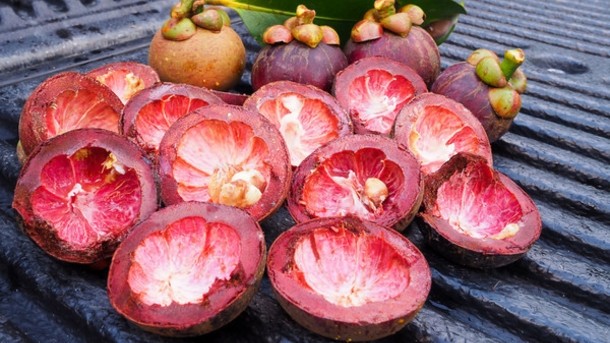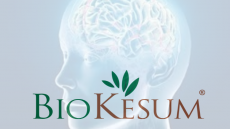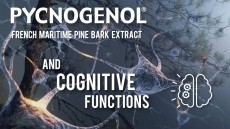Clinical trial to assess if mangosteen extract can help treat schizophrenia

Mangosteen is a tropical evergreen fruit native to Indonesia. The thick purple rind of the fruit contains xanthones, which are often used in herbal teas and traditional medicines.
Queensland Brain Institute Professor John McGrath is now conducting a trial into the role of mangosteens in easing symptoms of psychosis.
Previous research has indicated that the very potent antioxidants in mangosteen rind might provide a safe and effective treatment, with no side-effects.
“This is a gentle and safe intervention which evidence so far suggests could improve symptoms, and it’s important we investigate its potential as a matter of urgency,” Professor McGrath said.
“We aren’t suggesting this is a wonder drug, but we must investigate potential new treatments which are safe, effective and don’t have the current medication’s side-effects like weight gain, which can lead to other major health problems.
“Finding better treatments for schizophrenia is difficult, it will take decades, so let’s start now.”
Citizen scientists
For this trial run through Cadence, 150 people with schizophrenia will be recruited over the next two years in Brisbane and in Geelong, Victoria with colleagues at Deakin University.
Participants will receive two tablets a day for 24 weeks, then have four weeks’ follow-up. Their symptoms will be closely monitored, to see whether hallucinations, delusions, moods and energy levels are improved.
“When people join a clinical trial like this, they become our citizen scientists, part of our research team.
“That is an inspiring and heart-warming trust which we hope will ultimately lead to better lives for all patients, even if it’s only a modest improvement,” Professor McGrath said.
The Cadence trials are funded by Professor McGrath’s National Health and Medical Research Council John Cade Fellowship in Mental Health Research, and by a grant from the Stanley Medical Research Institute in the US.
















